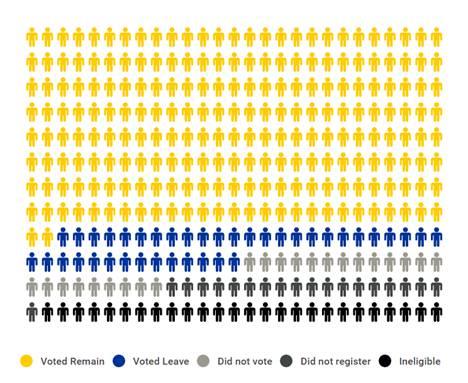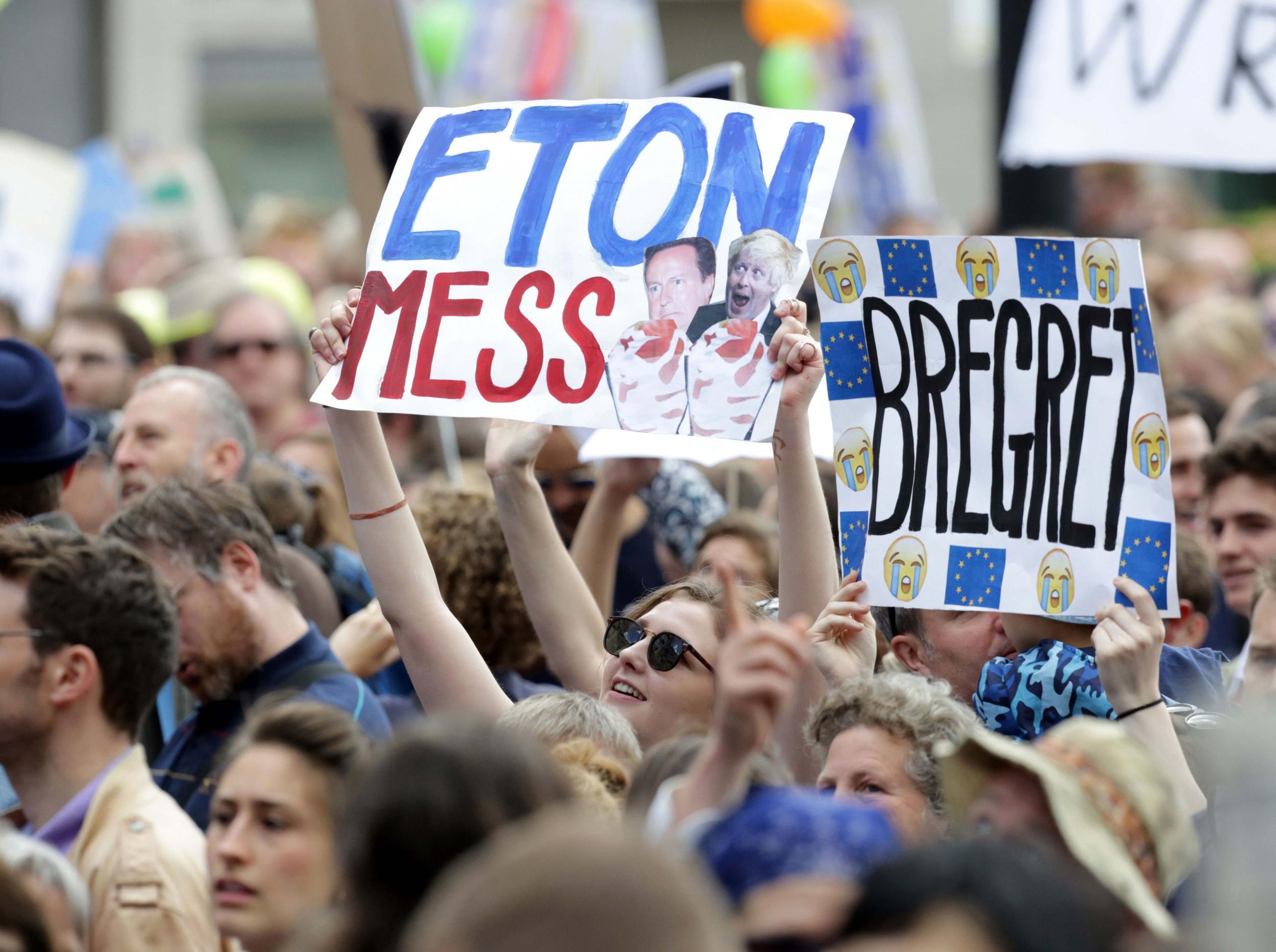The extent to which the country’s students were against Brexit in the EU referendum has been revealed in startling new analysis which has shown that, for every one who voted Leave, almost six voted Remain.
Despite worries about youth turnout and confusion over student voter registration, research agency YouthSight found 87 per cent of eligible students at UK universities voted in the referendum. This was a higher rate of turnout than the general population of which, according to the Electoral Commission, 72 per cent showed up to vote amongst the overall confirmed electorate.
Overall, 85 per cent of students who voted in the referendum chose Remain, meaning almost one million out of the UK’s 1.4 million full-time undergraduates voted to stay in the union. This is a higher proportion than originally anticipated in pre-referendum research by YouthSight for Universities UK (UUK) which reported 78 per cent of eligible students with “strong intention” to vote intended to vote Remain.
The findings have shed more light on the nine per cent of students who were undecided at that stage, showing they, too, ended up voting Remain.
Distribution of voting behaviour of UK full-time undergraduate students:

Of the students who voted to Leave, 17 per cent reported that, in light of the events of the past month since the result was announced, they would change their vote if they could. Three per cent of student Remainers also reported they would change their vote if they could. If these levels of voter regret are similar among the general population, were another vote to be held now, Leave would receive 44.51 per cent of the vote, and Remain 55.46 per cent.
More than three quarters of all UK students, including those ineligible to vote, stated how they felt negatively about the result. Those who felt “very” negatively cited concerns over the economy, a rise in racial discrimination and violent incidents, concerns over visas for study, travel, and work, and reduced funding for scientific and academic programmes in the UK.
“I have lost the right and opportunity to work or live in 27 different countries. The Leave campaign has brought to light the xenophobic and racist views that are still very much alive in this country, and it’s sickening,” said one first-year student at the University of Gloucestershire. Another, a second-year at Kingston University, told the survey: “Because I now feel really uncertain about my future, I feel like we no longer have a really positive connection with the EU, and so England feels so much more like an island than it did before.”
Students who felt very positive about the result cited the perceived benefits of the UK regaining sovereignty, hope for reduced spend on EU membership fees, and expectations of reduced immigration. One staunch third-year Leave voter from Manchester Metropolitan, however, insisted: “I believe Leave to have been the right choice in the long-run.”
Much debate arose in the days after the shock Brexit result, with campaigners arguing that, had 16 and 17-year-olds been allowed to vote - as with the Scottish independence referendum in 2014 - the UK would have awoken to an entirely different result on 24 June.
Ebbi Ferguson, National Union of Students (NUS) Wales deputy president, wrote for the Independent: “The fact that 16 and 17-year-olds - about a million and a half people - were shut out of this decision is an absolute disgrace. NUS polls have shown around 75 per cent of them would have voted if given the chance - and it’s easy to see why. They’re going to have to live with the consequences of this decision for about 70 years, and it’ll affect every area of their lives from education, to jobs, to travel, to peace, and politics.”
She also added how “this can’t happen again,” explaining: “The next time there’s an opportunity to shape the future of our country, all young people must be at the heart of it.”

Join our commenting forum
Join thought-provoking conversations, follow other Independent readers and see their replies
Comments